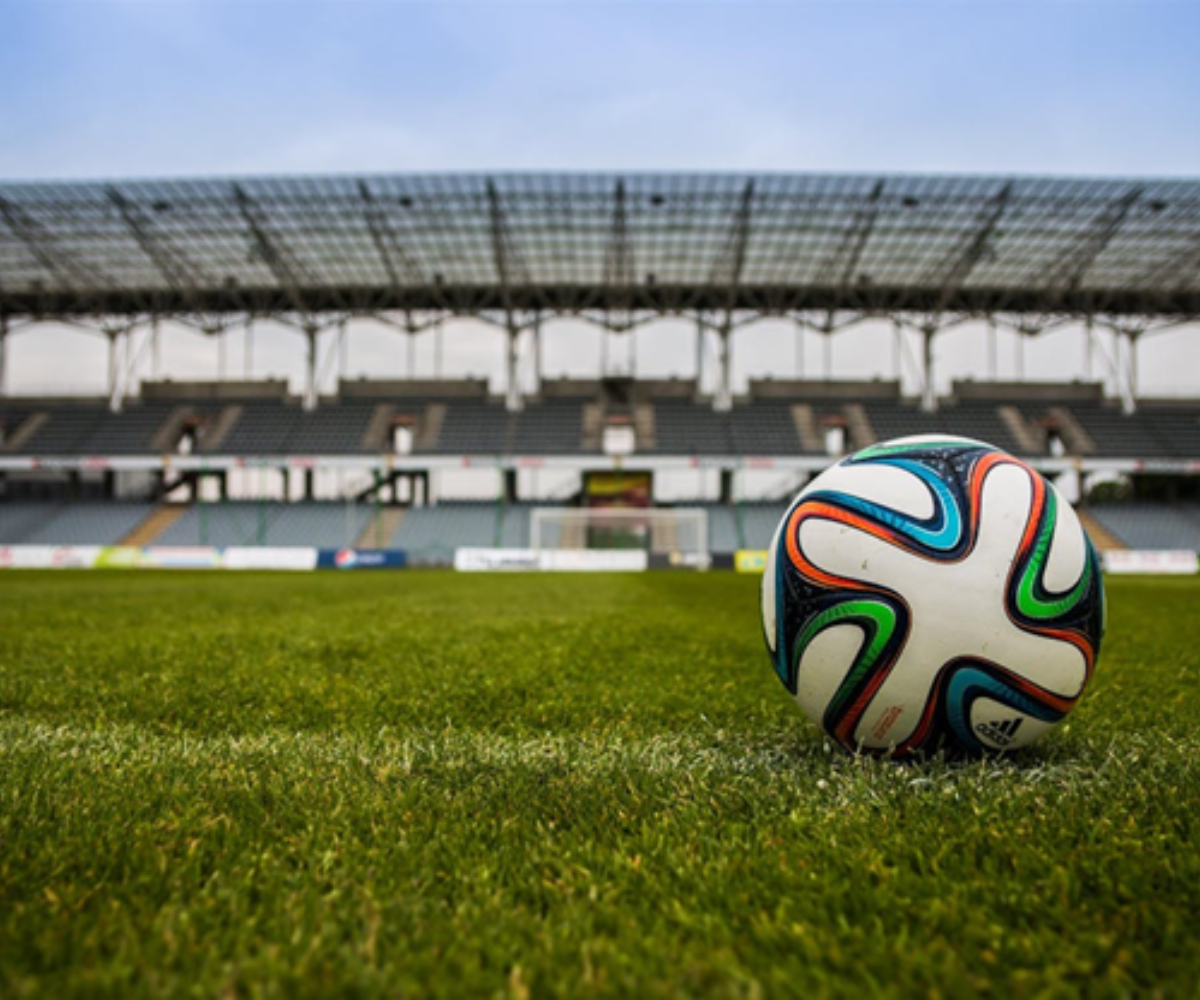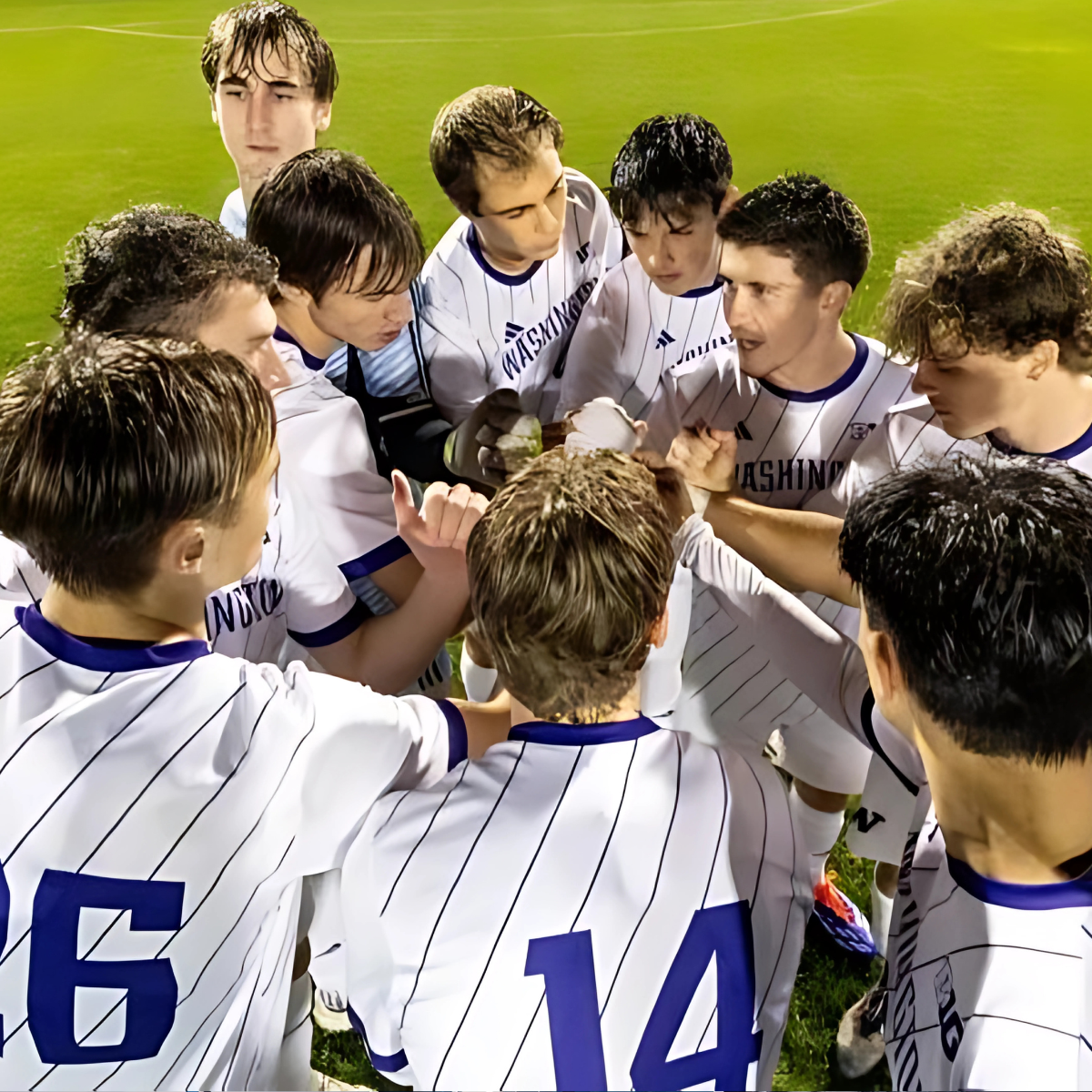The debate over whether nature (genetics) or nurture (environment) plays a more significant role in an individual's athletic ability and potential to become a professional athlete has been ongoing for centuries.
While both factors undoubtedly contribute to athletic success, recent research suggests that genetics may play a more prominent role than previously thought.
Genetics and Athletic Ability
Studies on twins and family members have shown that genetics can account for 30-80% of the variation in various athletic performance traits. Certain genetic variants have been associated with elite athletic performance, such as those related to muscle fiber composition, oxygen uptake, and anaerobic capacity. These findings suggest that individuals born with certain genetic advantages may have a head start in becoming professional athletes.
However, it's important to note that genetics alone do not guarantee athletic success. Environmental factors, such as access to quality training facilities, coaching, and nutrition, also play a crucial role in an athlete's development. Additionally, the interaction between genetics and the environment, known as gene-environment interaction, can further influence athletic potential.
The Role of Parents
Parents can contribute to their child's athletic potential in several ways. First, they pass on their genetic makeup to their offspring, which can include athletic traits. Second, parents often provide their children with access to sports and support their athletic pursuits, which can significantly impact their development.
The Importance of Deliberate Practice
While genetics may provide a foundation for athletic ability, deliberate practice is essential for reaching the professional level. Deliberate practice involves engaging in highly structured, goal-oriented activities designed to improve performance. This type of practice is often intense, challenging, and requires a significant investment of time and effort.
Research has shown that elite athletes typically engage in thousands of hours of deliberate practice throughout their careers. This practice helps them develop the necessary skills, techniques, and mental toughness required to compete at the highest level.
In conclusion, becoming a professional athlete is a complex process that involves both genetic and environmental factors. While genetics may provide a natural advantage, deliberate practice and environmental support are crucial for realizing an individual's athletic potential. Parents can contribute to their child's success by providing a supportive environment, access to quality training, and by encouraging their child to pursue their athletic dreams.
See also: Which Sport Produces The Wealthiest Athletes?
See also: How many economically viable paid professional athletes are there in the world?
Check out more related content on JRZY







%20(1200%20%C3%97%20232%20px)%20(9).png)









.png)

